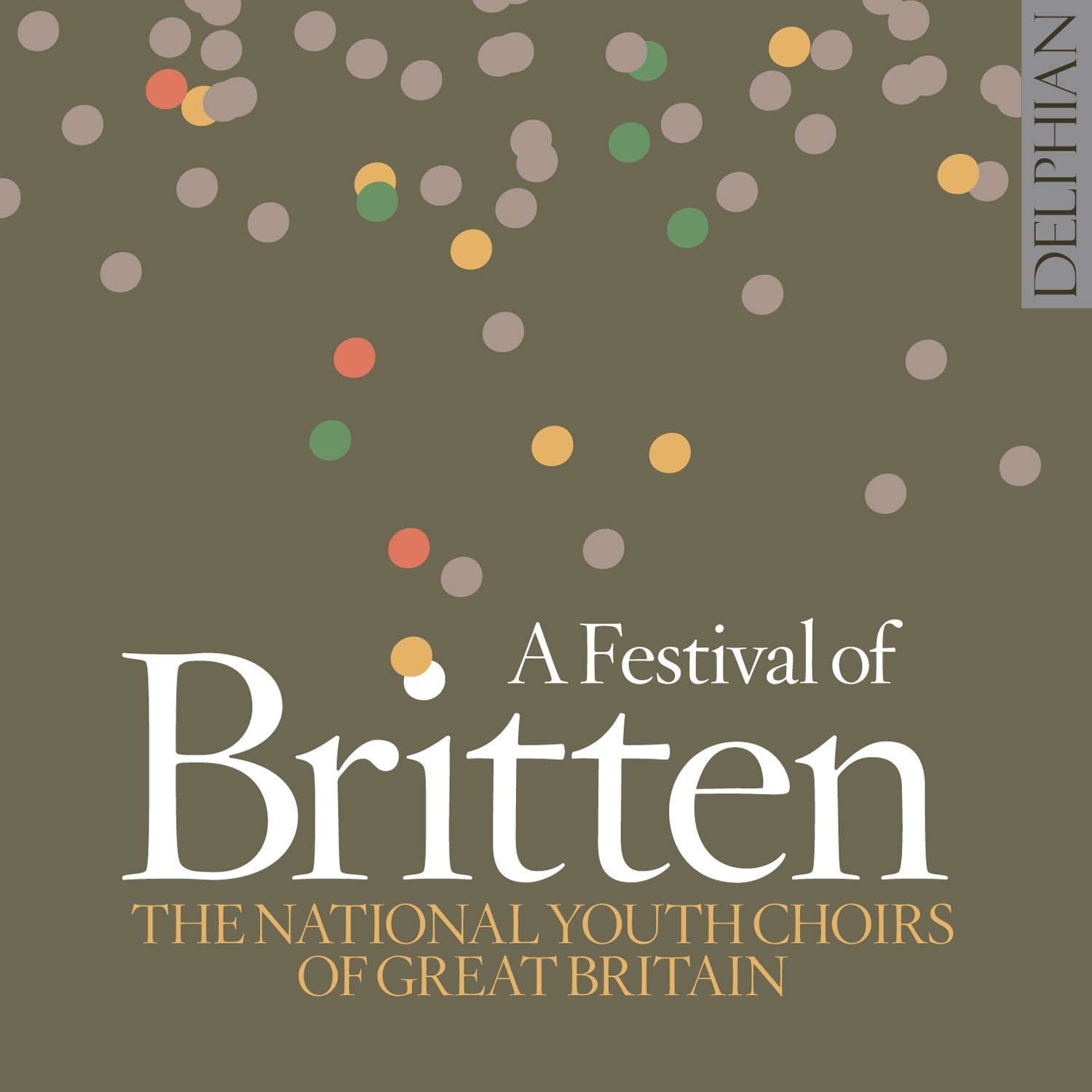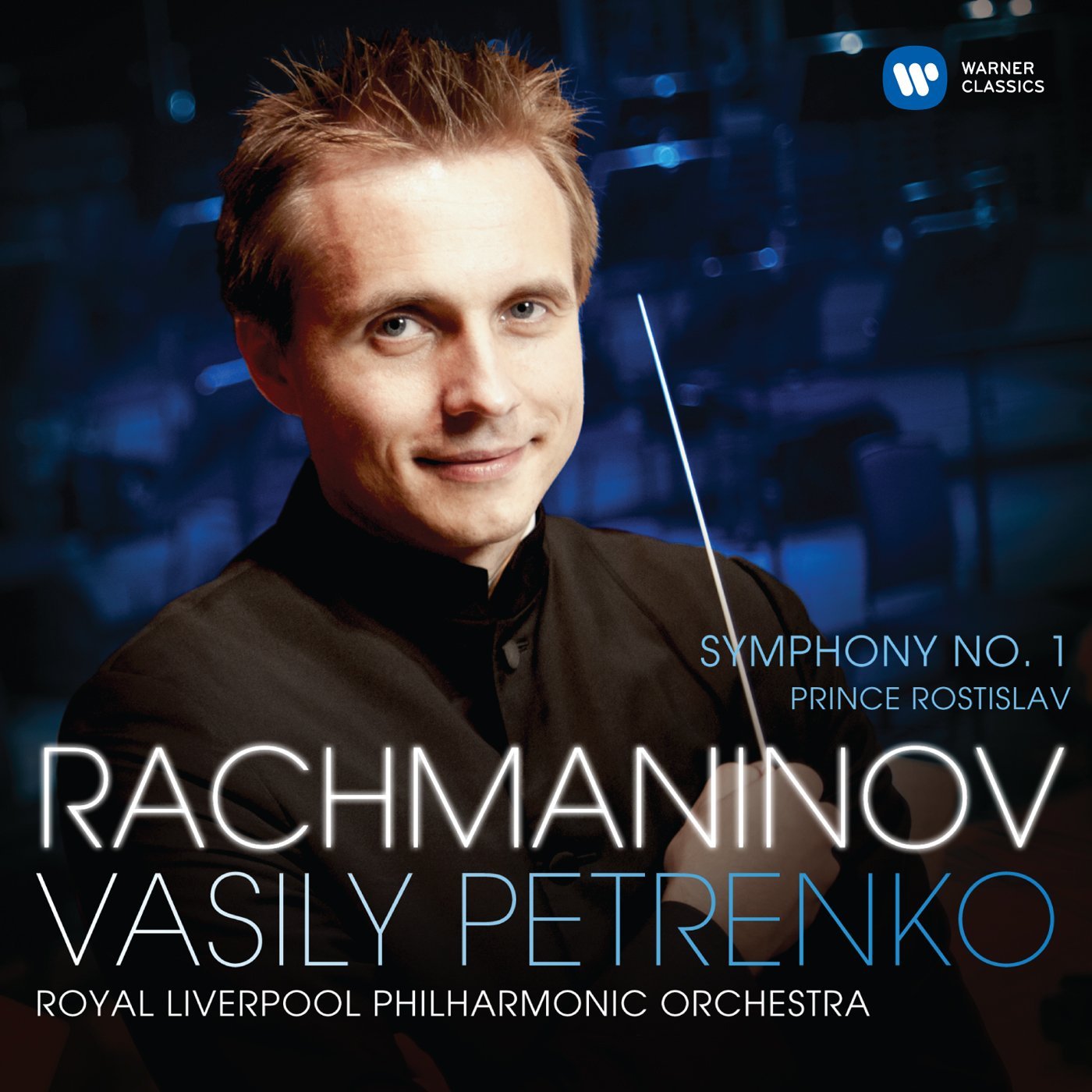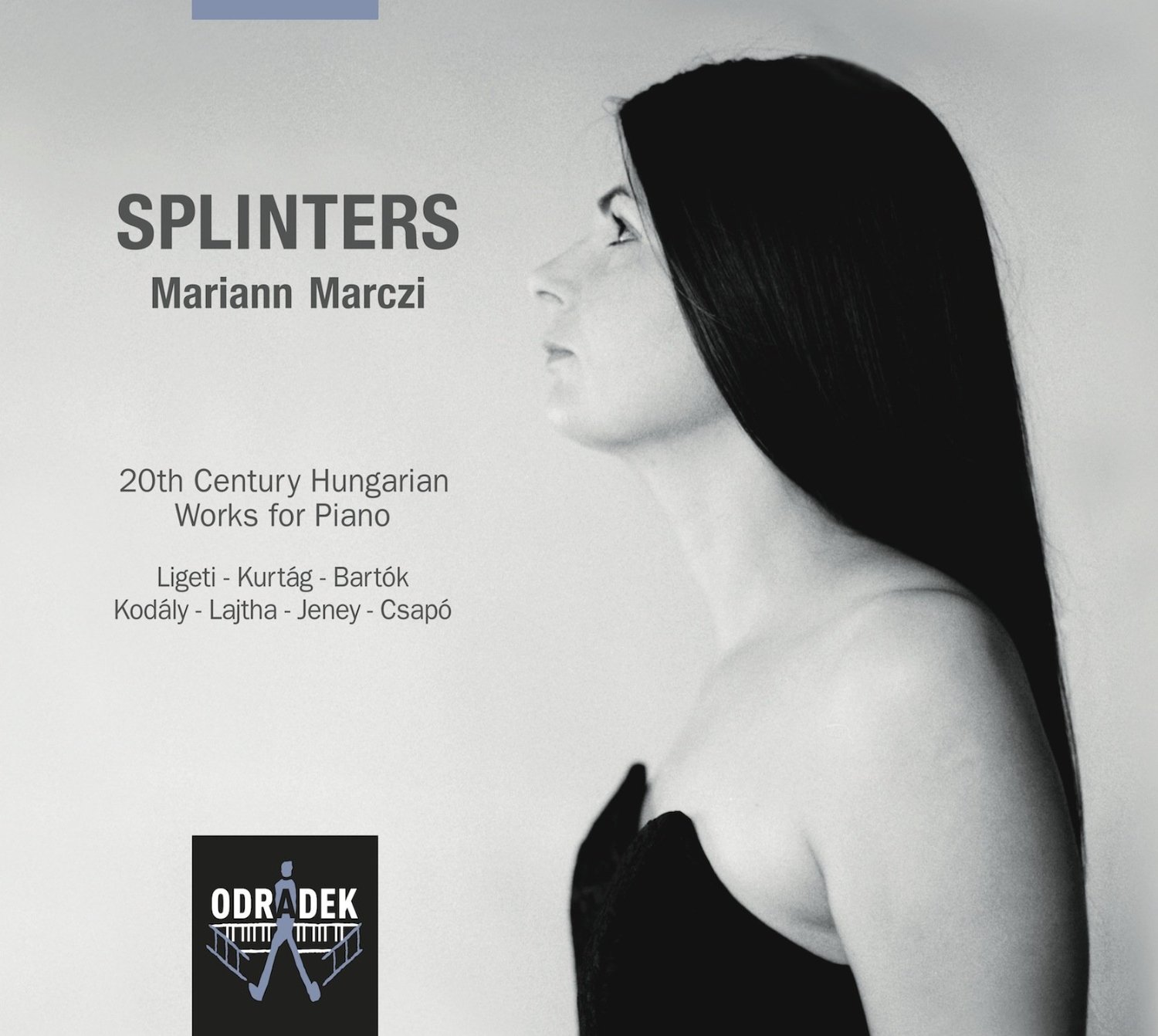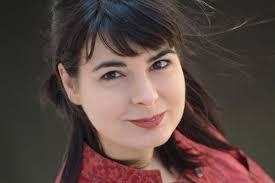
Britten's 1961 Fancie opens this collection – a tiny, sublime choral coda to the opera A Midsummer Night's Dream. It lasts barely a minute, and you'll hopefully want to wind back and listen to it again. And again. Has any composer written so well for childrens' voices? One of the pleasures of this anthology of sacred and secular choral music is the prevailing positivity, a necessary reminder that Britten's output is not all darkness and sorrow. Eight different groups perform here, collectively under the banner of the National Youth Choirs of Great Britain. Standards are consistently high: the Boys' Choir sing the Fancie, exquisitely so, and they also deliver impeccably characterised performances of three early two-part songs. It's interesting to compare the sound of the Chamber Choir under Ben Parry in Britten's Hymn to St Cecilia with that made by smaller, professional choirs; here, the brighter timbre feels wholly appropriate, even if the basses don't project quite as strongly. Rejoice in the Lamb is sung by the much larger National Youth Choir, under Robert Isaacs. With unexpectedly thrilling results, the massed voices moving with easy agility.
The fact that it's January shouldn't prevent anyone from enjoying an exuberant performance of A Ceremony of Carols – again, sung by a large scale girls' choir exuding plenty of oomph with no hint of heaviness. The novelties make this set self-recommending – works such as The Ballad of Little Musgrave and Lady Barnard are too rarely heard, and I'd never encountered Britten's 1956 Antiphon, beautifully performed by the prosaically named Training Choir North under Rachel Staunton. Full texts are provided, and Delphian provide detailed notes from Paul Kildea.

Rachmaninov's Symphony no 2 remains the most popular of the three, but closer familiarity with nos 1 and 3 might suggest that the luxuriant, expansive E minor work is the odd one out of the set. Rachmaninov's earliest symphony, presumed lost until its posthumous rehabilitation, has far more in common with the composer's later works. The melodies are terser, the orchestral textures brasher, the mood changes more erratic and mercurial. Musically, this symphony behaves as if it's a dysfunctional adolescent, the ideas frequently expressed as grunts, barks and sneers. It should be a thrilling, unsettling experience. Hints of this composer's soaring lyricism do pop up, but they're frequently overwhelmed by crashing percussion and shuddering lower strings. More surprising is Rachmaninov's rhythmic flexibility; shifting time signatures giving some passages unsettling edge. It's all held together by a snarling four-note motif that opens each movement.
Vasily Petrenko conjures some brilliantly brash sonorities in this live performance from the Liverpool orchestra; the strings in particular play with a dark, muscular grittiness. There's a key moment in the first movement's development which sounds as idiomatic as it's ever done in these hands – fortissimo brass and chiming percussion blaring out a plainchant-like idea which the composer was to allude slyly to many years later in the Symphonic Dances. Just as good is the lead-in to the work's gaudy apotheosis, capped by a truly terrifying tamtam stroke. Possibly the best disc in Petrenko's ongoing Rachmaninov series, it comes with an intriguing coupling in the shape of the symphonic poem Prince Rostislav. Another posthumously published early work, it deserves to be heard; the brooding, dark opening is as memorable as anything Rachmaninov ever composed.
Mariann Marczi cites a 1905 meeting of Bartók and Kodály as the most significant in Hungarian musical history, leading to the two composers deciding to study the country's folk music and turn their backs on the Austro-German tradition. And you can hear that something's afoot in Kodály's beautiful 1907 Meditation sur un motif de Claude Debussy: it's limpid music full of air, grace and colour. More characteristic are the Seven Piano Pieces composed over the following decade; their combination of earthiness and otherworldliness magnificently conveyed by Marczi. Bartók is represented by his Trois Burlesques, each one combining propulsive dance rhythms with bold modernity. The rest of the disc concentrates on music composed between 1976 and 1989, the exception being an arresting, expressionist miniature from 1914 composed by László Lajtha, a fellow folksong collecting colleague of Bartók and Kodály.
Kurtág's 1976 Splinters are recognisably from the same tradition. Marczi's quickfire articulation is extraordinary, as are the fourth movement's resonant, tolling bass notes. She gives us a crystalline, percussive Ligeti Étude and a pair of pieces written by Zoltán Jeney. His Arthur Rimbaud in the Desert is an extraordinary study in musical disintegration, the silences between the notes rapidly lengthening. Only Gyula Csapó's improvisatory The Ultimate Goal slightly outstays its welcome. As is usual with Odradek, presentation and production are immaculate. A fabulous, ear-stretching disc.














Add comment